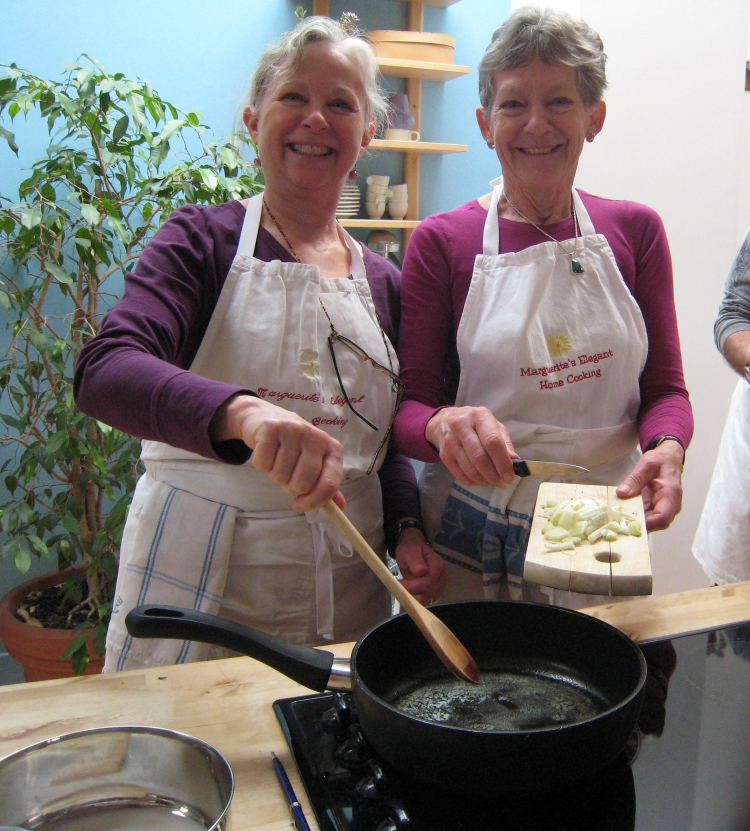I wonder if you ever,like me, look back, remember your treatment of someone else many years before, and cringe.
I find that turning an uncomfortable memory into a story softens the cringe and surprises me with new lessons learned.
For instance:
La Vengeance de Mlle Brown (The Revenge of Miss Brown)
In my junior year of high school, 1960, Miss Brown came to Las Vegas, New Mexico to teach French 1. This was her first year of teaching; she was 21 years old; and she was ill prepared for a classroom of teenagers.
I chose French for my foreign language requirement because, to my thinking, it was a language with more status than Spanish, which was the first or second language in town, depending on one’s family background. Too common for me; I wanted to be different.
The Spanish teachers at the high school were very good, especially Ms. Delgado and Ms. Romero, so I would have gained a strong linguistic base from them, learned a language that I could practice daily, and gotten to know my neighbors better. But status, in what little I understood of that word and the bigger world, mattered more to me than actual learning. Besides, my parents wanted to me to take Spanish, and parental desire was the kiss of death to a sixteen year old.
Miss Brown was small-boned. She had dull brown hair pulled back and up on her head, wisps flying about a small face that ended with thin lips and a pointy chin. I remember her in a brown sheath skirt and brown sweater or jacket, though she must have had other outfits. She wore high, high heels with toes as pointed as her chin and she teetered as she walked. Her legs were skinny, her knees and shins bowing away from each other like angry parentheses marks. Her voice was soft and shaky.
Miss Brown coated her face in thick pancake make-up, her acne scars small dark shadows under the pale mask. Her body gave off the scent of layers of talcum powder covering unbathed skin. She did not smell bad, she just seemed dusty and over-powdered, unfresh. She was not a young woman from whom the light of youth shone. Instead, she fit her name; she was a dull, non-reflective, frightened brown, a little sparrow lost in a flock of teen-aged hawks. I see her chirpping sadly, shedding flakes of dandruff and whiffs of talcum as she flitted around the room.
Something about Miss Brown, the voice, the teetering, the flakes, let us know that she was vulnerable and we were not. We were chickens in the hen yard pecking the wounded fowl; wolves in a pack, circling our prey; vultures surrounding a carcass.
I don’t think any of us in French 1 saw ourselves as “mean” kids. Most of us were Girl Scouts, Boy Scouts, church-going. Our parents raised us well, taught us (and showed us through example) to be kind and respectful. We were rarely in trouble. We played in the band, acted in school plays, competed in science fairs, edited the school newspaper, volunteered in the community.
But we felt entitled, chosen to fly away from this small town, go to college, conquer the world. Miss Brown’s insecurity brought us together as a group, touched a hidden side of us. We were like the children stranded on the island in Lord of the Flies. Miss Brown was our Piggy.
I remember little about Miss Brown’s class and teaching. I don’t remember learning any French or absorbing grand culture as I had thought that I would. I know I spent more time thinking about the boy in the back row than studying French pronouns.
I don’t know when we started acting up in class, what the triggering moment was. I think we were bored. I think Paul, the trombone player, was the ring-leader. Perhaps he talked back to her one day. Perhaps the rest of us saw him succeed and tried talking back also. Perhaps we started being late for class, sauntering through the door many minutes after the bell. Perhaps we gossiped, passed notes while she tried to teach us how to wrap our tongues around the “r’ in “notre.” Perhaps we neglected our homework, argued with her about the results of tests. Perhaps we giggled at her frustration.
What I do remember is that finally, one day, a line was crossed. Miss Brown perched against the empty door frame, half in, half out of the classroom, as we sat at our desks, laughing at her, mimicking her way of talking. She started crying, her powdered face crumpling like the tissue she held in her hand, a sob coming out of her little “O” of a mouth. She turned and teetered away from the room, her high heels chittering all the way down the hallway to the Principal’s office, her sobs echoing back to us.
For a few moments we were quiet, not with regret, but with amazement at our power, our joined ability to make an adult cry and leave the room. We knew we should be scared, that we could be in trouble. But we also knew that we wouldn’t be in too much trouble. We were good kids, we meant no real harm. Mr. Ford, the principal, walked in, sighed, sat on the desk, and talked to us about behaving, about treating other people with respect. We were right, we weren’t in that much trouble.
Miss Brown was replaced by Mr. Cordova, a round, friendly young man who probably knew less French than Miss Brown, but who was not afraid of us. We sat in our desks and memorized French phrases, he sat at his desk and was in control. We went off to college feeling smart because we had memorized French words, not knowing we had no understanding of the language.
La Vengeance de Mlle Brown
Here is the punchline, at least for me: Miss Brown got her revenge.
Two years after Miss Brown disappeared crying out of our classroom, at the end of my Fall Freshman semester in college, I received the first D I ever received in school. This was in my French class 2, where I had floundered like a sparrow with two broken wings. My face crumpled and I cried when I saw that grade.
I hid in my dorm room for two days.
The next semester I dropped French.
I wonder now if my despair and humiliation equalled that of Miss Brown two years before. I wonder, if she could have seen me, if she would have laughed as I had laughed at her or if she would have felt empathy. I hope that she would receive some solace, knowing that the later lessons I learned from my experience in her classroom, -that kindness matters -that learning requires hard work -that individual empathy trumps group think were more important than the supposed status of being able to roll French phrases off my tongue.
Perhaps Miss Brown would nod her head and say,
“Maintenant, peut-être pouvez-vous comprendre.” (Now, perhaps you understand).
--------------------------------------------------------------
I've found that revisiting memories, writing them, helps me see them differently. For instance, rather than staying stuck on the embarrassment of an incident of bad behavior, I can learn from that incident. Writing helps me develop empathy for the person I harmed and for the young person I once was. Writing helps me use that empathy to work at being more aware, more kind to people in the present.
Think of a memory that you have, one that might make you uncomfortable, make you cringe. Write that memory as a story. What have you learned from your story?
Something else I learned: that you can go to France, even if you can't conjugate French verbs. Here are my sister Anne and I, sautéing greens at a cooking school in Paris a few years ago.
It would have made us happy to share that meal with Miss Brown, to hear stories of her life after she flew free from French 1 and the hallways of Robertson High School in Las Vegas, New Mexico.
Bonne chance, Mlle Brown.







